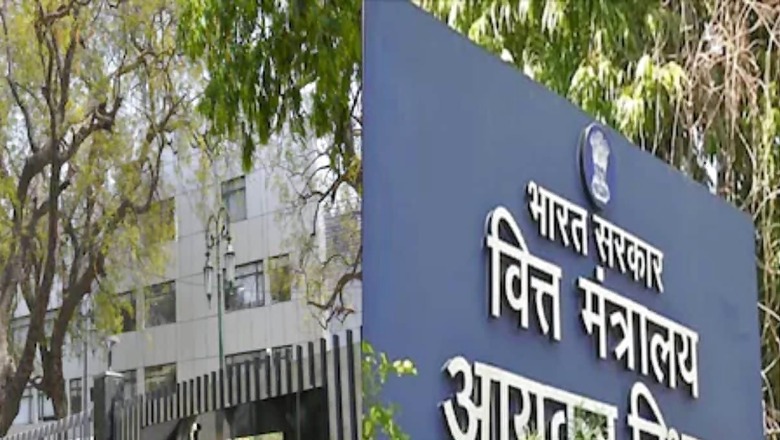
views
The Enforcement Directorate and the Income Tax Department are two different government agencies that have a significant set of roles in financial enforcement and taxation. The government job aspirants need to know about these departments in detail so that they can decide their future course of preparations according to it. This space articulates a brief overview of the structure of ED, and the IT department.
Enforcement Directorate
The ED is a law enforcement agency under the Department of Revenue, Ministry of Finance, in India. It mainly works on detecting economic offences like money laundering, economic fraud and foreign exchange violations. As per the Corporate Finance Institute, money laundering is a process that criminals use in an attempt to hide the illegal source of their income.
ED Powers
ED has been allotted the power to investigate and order the attachment of properties and assets involved in illegal activities. ED also works in coordination with agencies like the Central Bureau of Investigation, the Reserve Bank of India and the Income Tax Department. They work in tandem to build a case against the persons involved in the financial wrongdoings.
ED can also enforce the provisions related to the confiscation of properties belonging to FEOs who have left India to evade legal procedures. Fugitive Economic Offenders Act (FEOA), 2018 gives the ED the power to enforce these provisions.
Income Tax Department
The Income Tax Department has been assigned the task of collecting revenue from taxpayers on behalf of the government. This department was started after the passing of the Income Tax Act of 1922. The Income Tax Act of 1922 is an act to consolidate and amend the law relating to Income Tax and Super Tax.
Powers of the ITD
This department has been given the power to search the office and business premises, residences and other places followed by seizure of documents, money etc.
This authority can also break the locks if the keys are not available during operations.
They can also not allow any unauthorised person to enter the premises of the property being searched. They can also not permit any person to leave the premises during the search without the permission of the authorised officer of the search team.




















Comments
0 comment